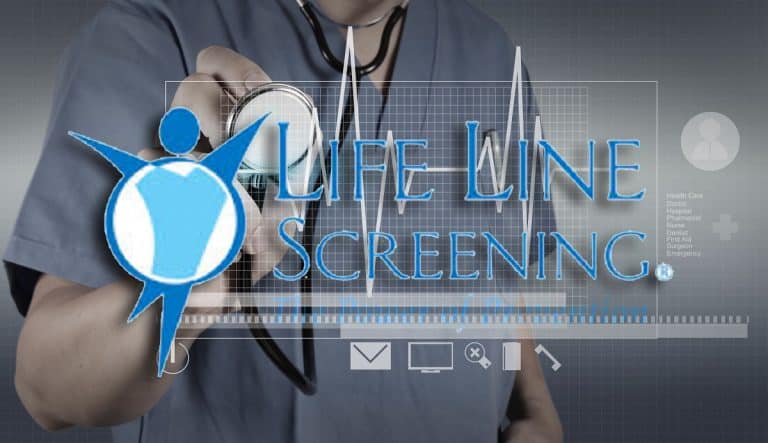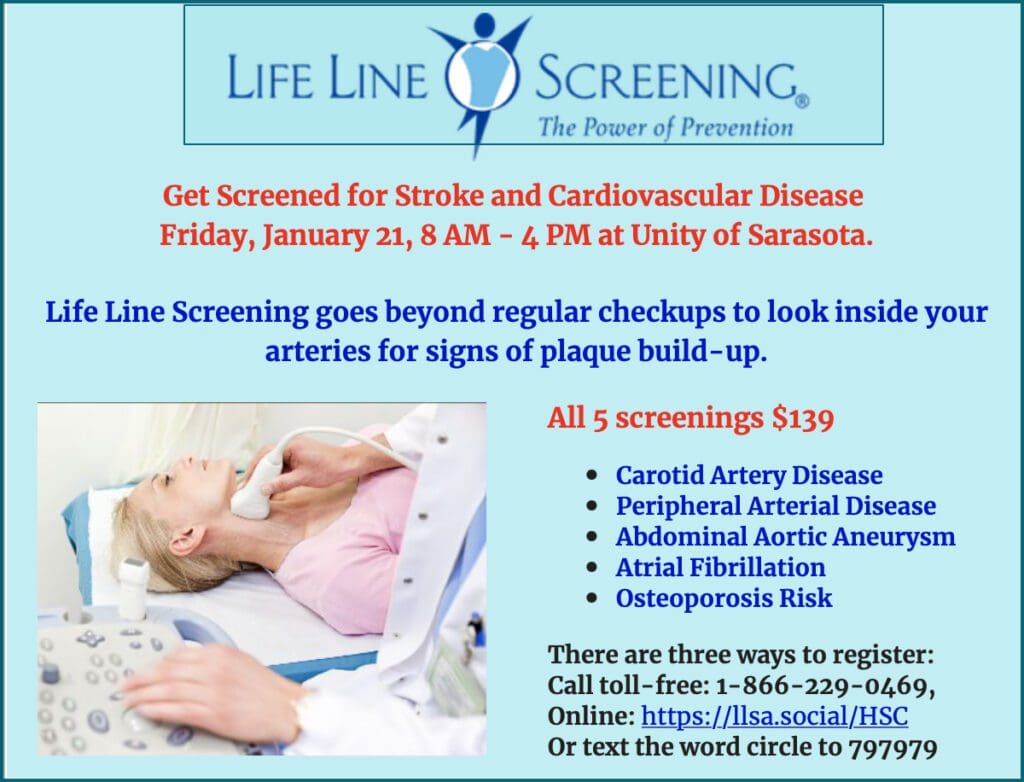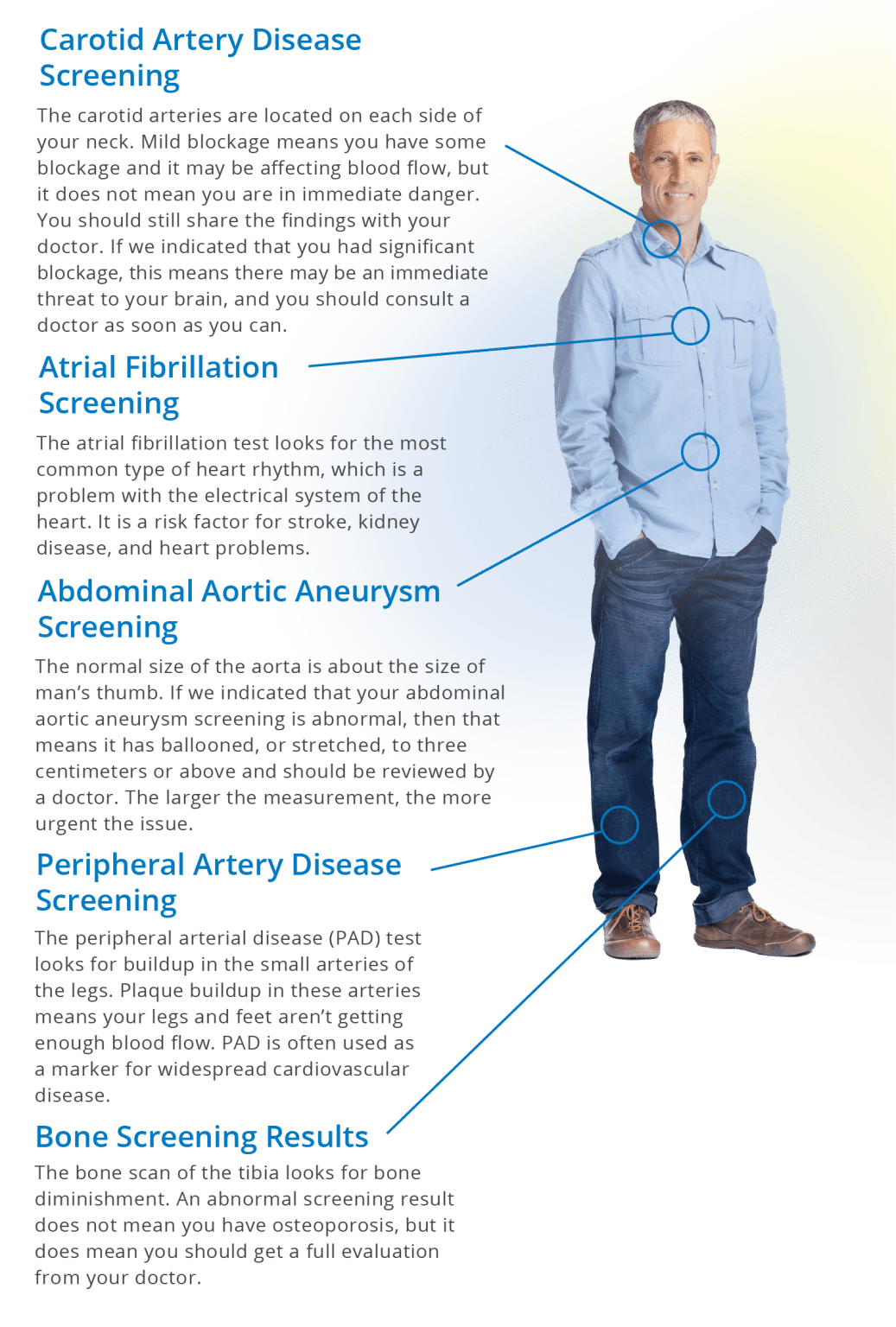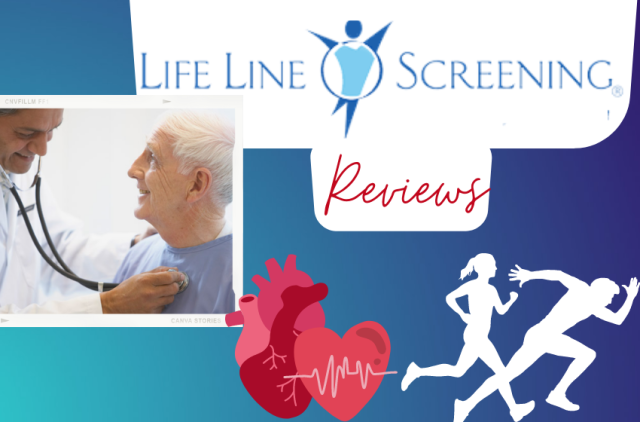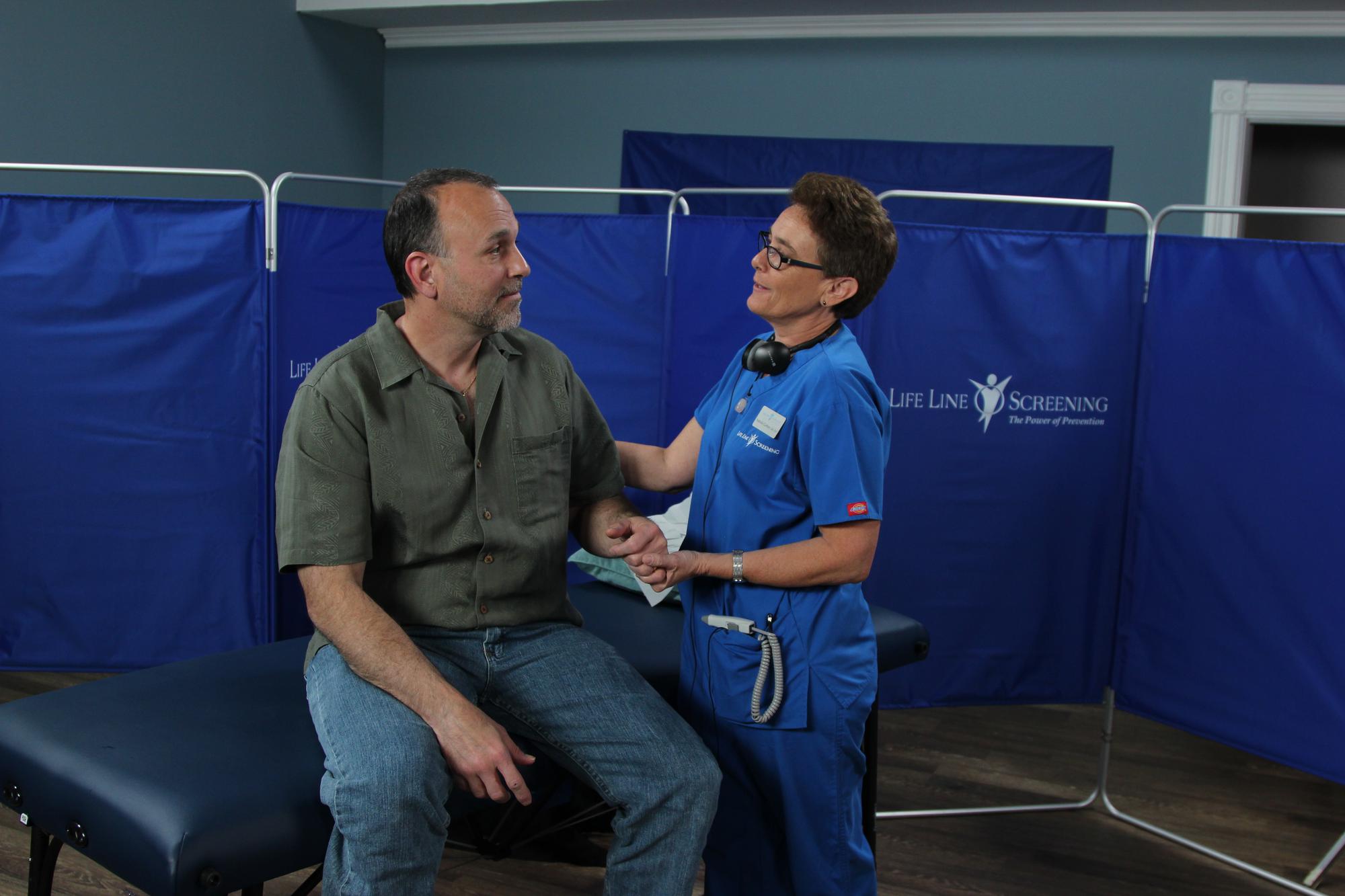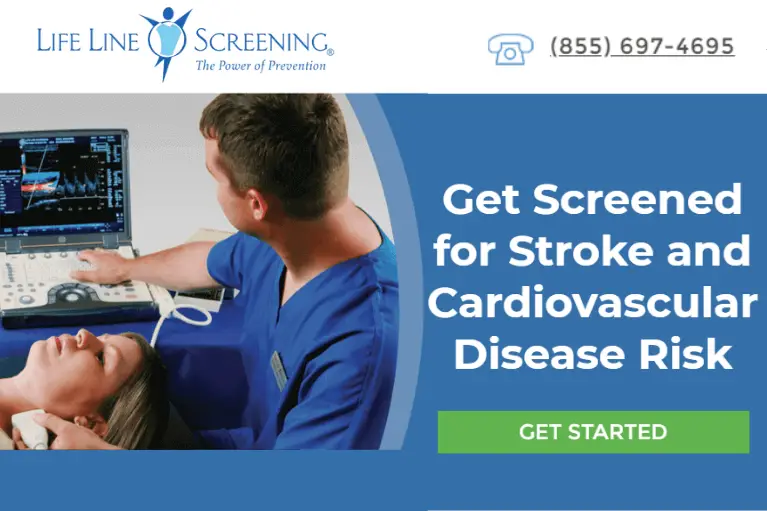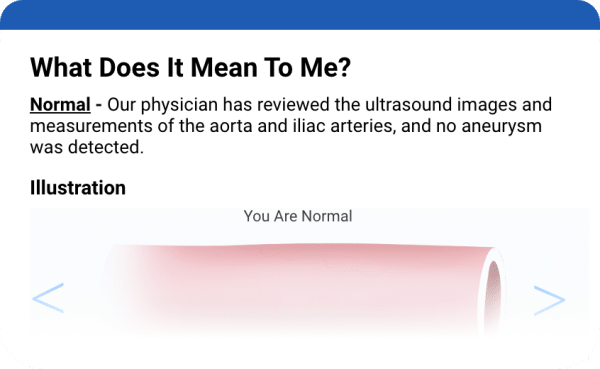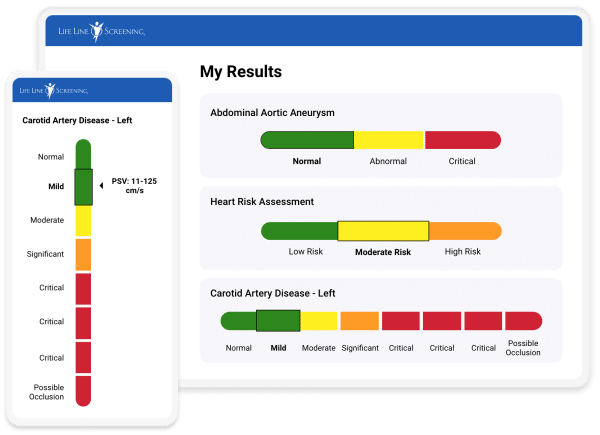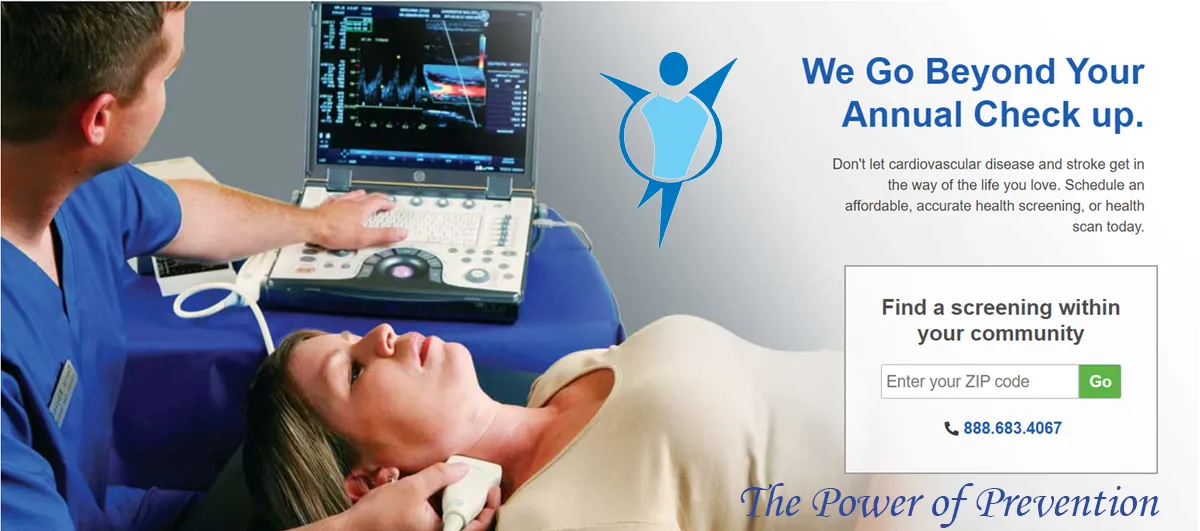What Do Doctors Say About Life Line Screening
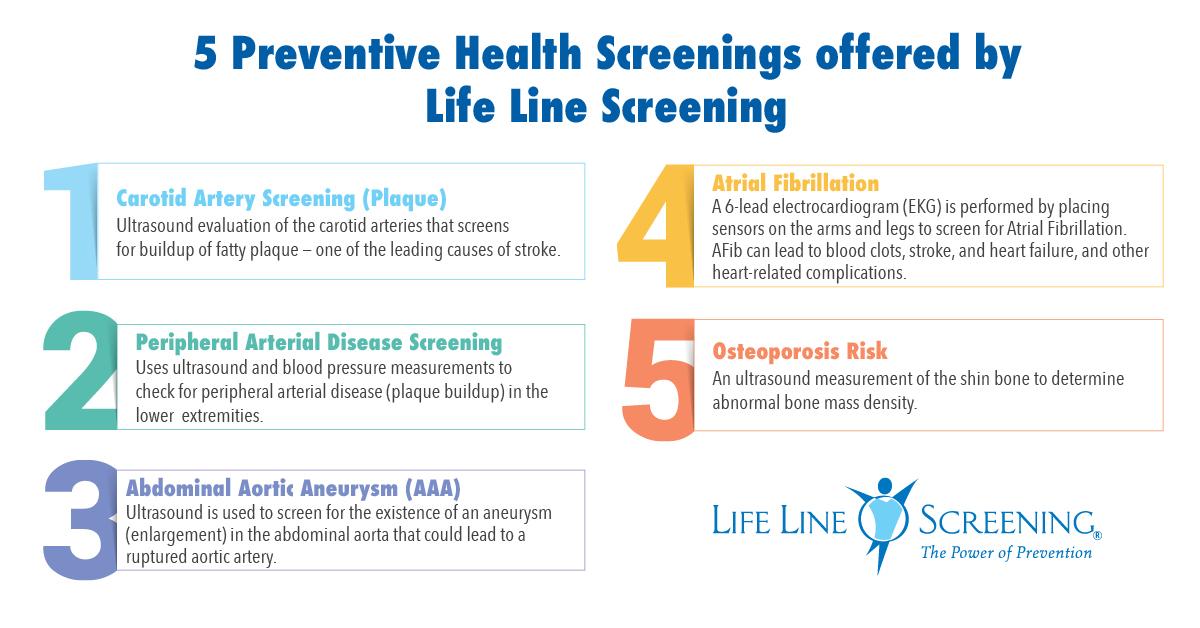
The community center buzzed with a quiet anticipation. Seniors chatted softly, clutching registration forms, as sunlight streamed through the large windows. The promise of affordable health screenings hung in the air, a beacon of proactive wellness. It was Life Line Screening day, an event designed to bring preventative care directly to the people.
But what do doctors actually think about these screenings? Are they a valuable tool for early detection, or are they simply preying on anxieties? This article explores the medical community’s perspective on Life Line Screening, examining both the potential benefits and the inherent limitations of such services.
Understanding Life Line Screening
Life Line Screening is a for-profit company that offers a variety of health screenings directly to consumers. These screenings typically include tests for stroke risk, heart disease, peripheral arterial disease (PAD), and osteoporosis. The company sets up temporary clinics in community centers, churches, and other easily accessible locations.
The appeal is clear: convenience and affordability. Many people lack regular access to healthcare or face high deductible costs. Life Line Screening offers a seemingly simple and cost-effective way to assess their risk for certain diseases.
However, the medical community’s views are nuanced and often critical. It's crucial to understand the context behind these opinions to make informed decisions about your own health.
The Doctor's Dilemma: Benefits and Concerns
Many physicians acknowledge the potential benefit of increased awareness. Life Line Screening can prompt individuals to think about their health and take steps towards a healthier lifestyle.
The screenings can occasionally identify previously unknown risk factors, leading individuals to seek further medical evaluation and treatment. This is a definite positive outcome.
However, the major concern revolves around the potential for false positives and false negatives. A false positive result indicates a problem when none exists, leading to unnecessary anxiety, further testing, and potentially invasive procedures.
A false negative, on the other hand, provides a false sense of security. This can delay necessary treatment and worsen health outcomes in the long run.
Specificity and Sensitivity: The Heart of the Issue
The accuracy of any screening test hinges on its specificity and sensitivity. Specificity refers to the test’s ability to correctly identify those without the condition, while sensitivity refers to its ability to correctly identify those with the condition.
Many doctors argue that the screenings offered by Life Line Screening may not have the same level of specificity and sensitivity as those performed in a traditional medical setting. This is often due to differences in equipment, personnel, and quality control procedures.
Furthermore, these screenings are often performed without a comprehensive medical history or physical examination. This lack of context can make it difficult to interpret the results accurately.
“The most appropriate screening tests are those that are performed by a physician who knows you, knows your family history, and can integrate those things into the test result,” explains Dr. [Fictional Doctor Name], a cardiologist at a leading medical center. “A screening done in isolation, without that context, can be misleading.”
The Role of Overdiagnosis and Overtreatment
Another significant concern is the potential for overdiagnosis and overtreatment. Detecting a condition early does not always translate to improved health outcomes. Some conditions may never progress to cause symptoms or require treatment.
In these cases, early detection can lead to unnecessary interventions that carry their own risks and side effects. This is a particularly relevant consideration for older adults, who may be more vulnerable to the harms of overtreatment.
The U.S. Preventive Services Task Force (USPSTF), an independent panel of experts that makes evidence-based recommendations about clinical preventive services, emphasizes the importance of weighing the benefits and harms of any screening test.
The Importance of Individualized Care
The medical community strongly advocates for individualized care. The decision to undergo any screening test should be made in consultation with a physician who can assess your individual risk factors and discuss the potential benefits and risks.
A family history of heart disease, high blood pressure, smoking, and other risk factors can significantly influence your need for specific screenings. A one-size-fits-all approach is rarely appropriate.
Instead of relying solely on screenings offered by Life Line Screening, doctors recommend establishing a relationship with a primary care physician. This allows for ongoing monitoring of your health and personalized recommendations for preventative care.
The Cost-Benefit Analysis
While Life Line Screening may seem affordable at first glance, the potential costs of follow-up testing and treatment can quickly add up. If a screening result is abnormal, you will likely need to undergo further testing to confirm the diagnosis.
These tests can be expensive, and may not be covered by your insurance. Furthermore, even if the screening is covered, the follow up appointments and potential treatments may not be.
It's essential to factor in these potential costs when considering whether or not to undergo Life Line Screening. Weigh the potential benefits against the potential financial burden, as well as the emotional toll of anxiety and uncertainty.
Making Informed Decisions
Ultimately, the decision to undergo Life Line Screening is a personal one. However, it should be based on informed consent and a clear understanding of the potential benefits and risks.
Don't hesitate to discuss these screenings with your doctor. They can provide valuable insights and help you determine if they are appropriate for your individual circumstances.
Remember, preventative care is essential, but it should be guided by evidence-based recommendations and personalized to your specific needs.
Instead of viewing Life Line Screening as a replacement for regular medical care, consider it as a potential supplement. But be sure to always discuss your results with a trusted healthcare provider.
Moving Forward: A Balanced Perspective
The debate surrounding Life Line Screening highlights the complexities of preventative healthcare. While early detection is crucial, it's equally important to ensure that screenings are accurate, reliable, and appropriate for the individual.
The key takeaway is to be proactive about your health, but also be discerning about the information you receive. Engage in open and honest communication with your doctor, and make informed decisions based on the best available evidence.
As the sun set, casting long shadows across the community center, the seniors slowly dispersed. Some expressed relief at having taken a step towards better health, while others carried a newfound awareness of the complexities of preventative care. The day served as a reminder that health is a journey, not a destination, and that informed choices are the best tools for navigating the path ahead.
